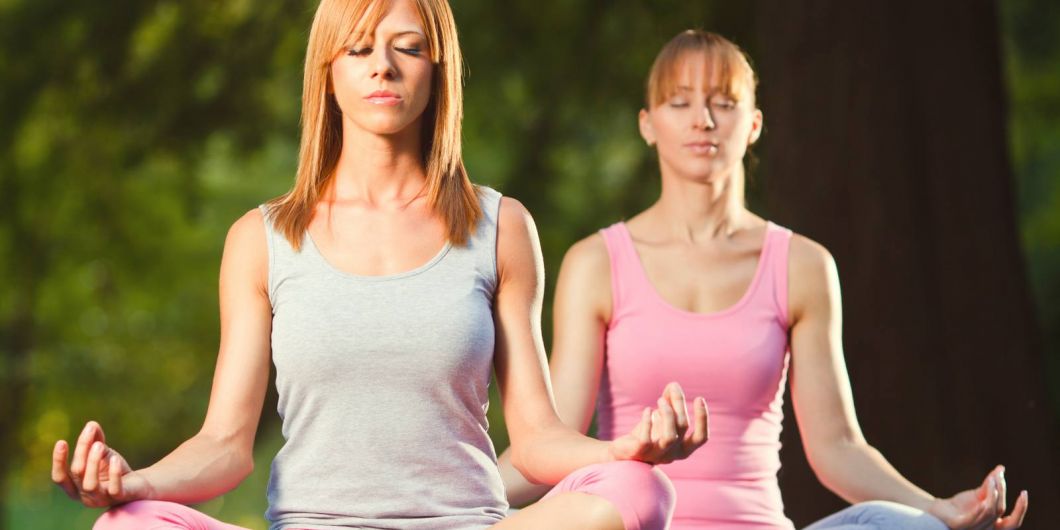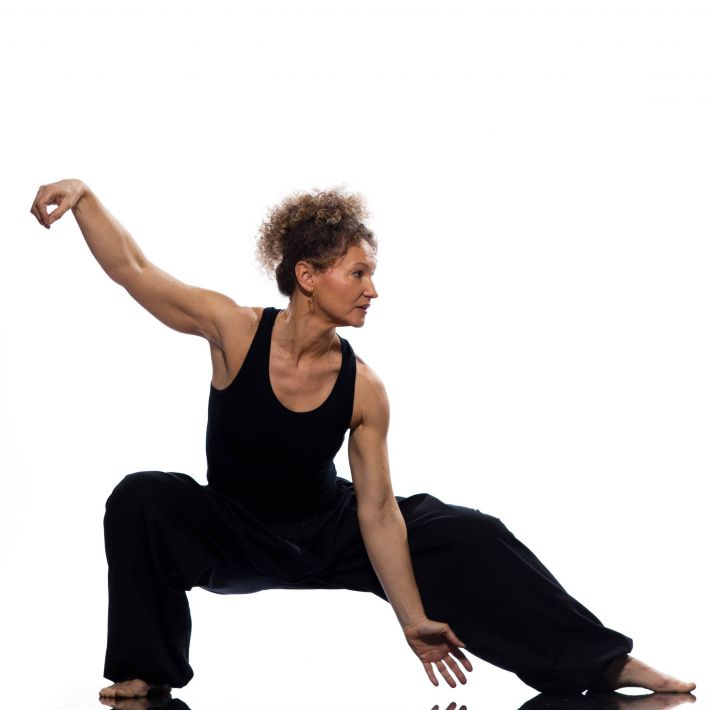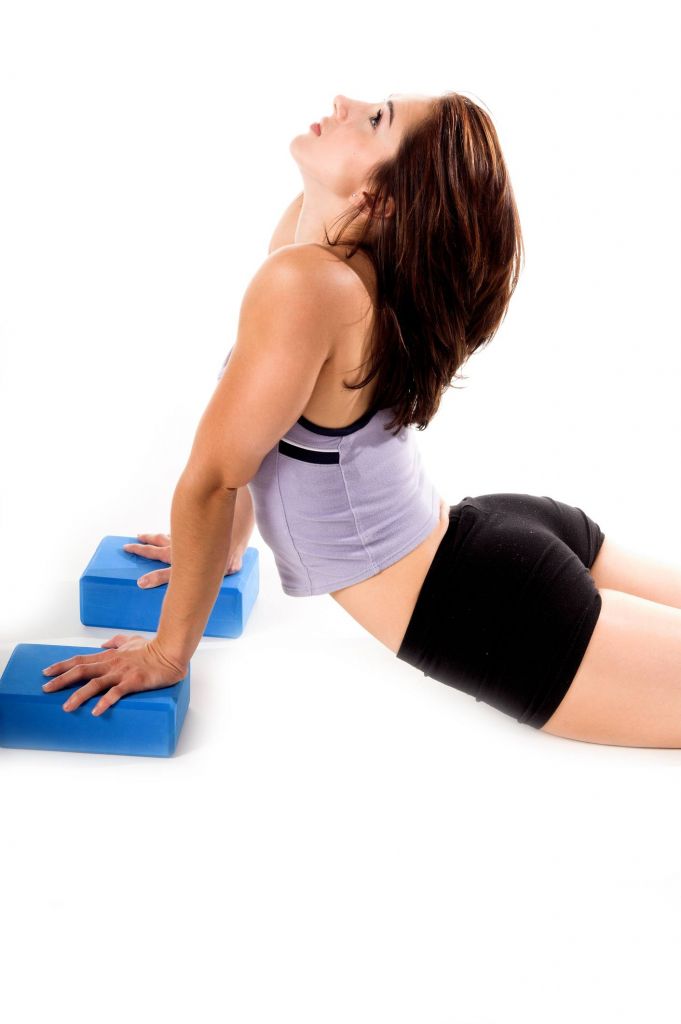- in Meditation , Uncategorized by Tony
Relaxation technique

Relaxation techniques are becoming a trending term on internet search engines as more and more people seek ways of coping with the stress of 21st-century living.
A variety of methods are available to achieve the relaxation response - a state of deep rest that counteracts the negative effects of stress.
More...
Stress floods your body with chemicals that prepare one for a "fight or flight" response, but while this response is helpful in cases of emergency when it is activated continuously, it wears your body down.
The relaxation response brings your system back into balance, deepening your breathing, reducing stress hormones, slowing down your heart rate and blood pressure, and relaxing your muscles.
In addition to its calming physical effects, research shows that relaxation increases energy and focus, combats illness, relieves aches and pains, heightens problem-solving abilities, and boosts motivation.

The relaxation response brings your system back into balance, deepening your breathing, reducing stress hormones, slowing down your heart rate and blood pressure, and relaxing your muscles.
In addition to its calming physical effects, research shows that relaxation increases energy and focus, combats illness, relieves aches and pains, heightens problem-solving abilities, and boosts motivation.

Popular relaxation methods include exercise, massage, breathing techniques, yoga and Tai chi, meditation, and creative outlets such as art and music all activate the parasympathetic nervous systems responsible for the rest and digest (or feed and breed) response.

Finding inner peace
Meditation is a powerful way to combat stress, and the Mayo Clinic describes as an ancient practice that initially helped deepen one's understanding of the sacred and mystical forces of life.
The Mayo Clinic recommends meditation for stress reduction, especially as it is inexpensive and straightforward, does not require any special equipment, and can be practised almost anywhere.
Emotional benefits include fewer negative emotions, more self-awareness, being "in the now", stress management skills, including new perspectives on dealing with stress.
Research studies have suggested that meditation has health benefits and can help with managing certain conditions such as asthma, allergies, cancer, high blood pressure, depression, and heart disease.
Stress-related illnesses in particular may respond well to meditation.

